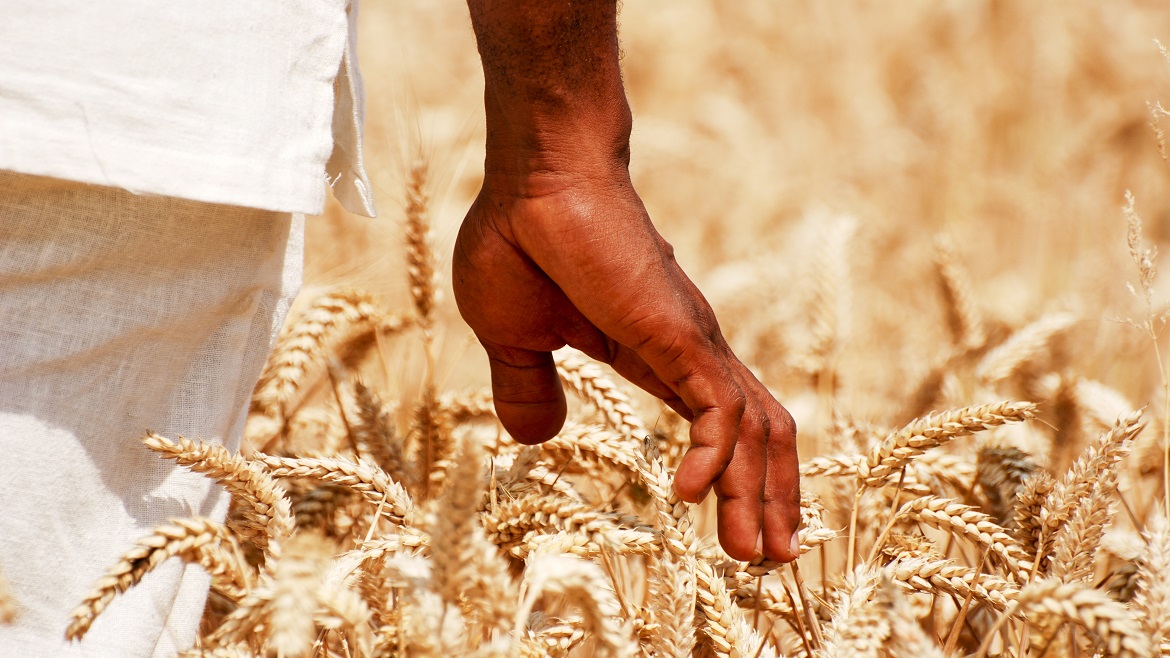Like most of Sub-Saharan Africa, South Africa grapples with the challenge of providing employment to its youthful population. Over half of the country’s unemployed are young people aged 35 and below. This burden falls largely on rural youth, whose hopes lie in cities, as very limited social and economic opportunities exist in rural South Africa.
In response, the South African government has prioritised rural development through agricultural reform. However, young people show very little interest and generally do not turn to the agricultural sector for career prospects.
Amid this rather grim picture, some bright minds at the Council for Industrial and Scientific Research (CSIR), a South African government agency, are creating hope in a rural community through an innovative approach that involves mobilizing local and external resources including land, human capital, technology, and financing to create a vibrant local economy while seeding future champions of agriculture.
The government-funded initiative, known as the Technology for Rural Innovation and Education Development (Tech4RIED) is a Local Economic Development (LED) approach that is gaining traction in the development discourse, moulding young minds, and poised to contribute vastly towards securing livelihoods in the present and the future.
Pioneers of the Tech4RIED approach gave a new meaning to the expression, “To build a nation, build a school” by Nobel Prize-winning economist Amartya Sen, when they embarked on this initiative. The heart of this novel model is an agricultural school, as a catalyst for LED. The school is the foundation of varied critical resources including land, facilities, young minds and teachers which when combined with external resources such as financing, technology and development expertise is essentially a school-based small enterprise incubator.
The incubator is managed by a group of local community leaders with expertise who are collaborating with the school’s agricultural team. Together, the school team and incubator management provide two main services. Firstly, they deliver the agricultural curriculum to grade 11 and 12 learners through classroom and practical training. Secondly, they exploit the land to explore farming practices and experiment with innovative agronomical practices. They do this while improving the delivery of small business management support and leveraging Information and Communication Technologies (ICT) as well as access to markets, which are extended to small scale farmers in the community.
The fusion of these two platforms produces grade 12 learners who have the necessary academic knowledge and practical abilities that enable them to partner with community small scale farmers and access services from the incubator to improve the performance of their businesses while putting food on family tables.
A new phenomenon has begun to grow, in this small rural community, where young people take a keen interest in agriculture; community small holder farmers can access a suite of services and bright young minds that enable them to secure livelihoods for both food security and income generation. If the Tech4RIED continues on this path, the future of securing livelihoods in rural South Africa looks brighter.
Experts from public, private and research sectors met to explore and innovate solutions to these and other pressing topics at a recent Rockefeller Foundation-backed meeting. Learn what they had to say in our “Securing Livelihoods: Visions of a better future” report and video.
The views and opinions expressed in this article are those of the authors and do not necessarily reflect the views of The Economist Intelligence Unit Limited (EIU) or any other member of The Economist Group. The Economist Group (including the EIU) cannot accept any responsibility or liability for reliance by any person on this article or any of the information, opinions or conclusions set out in the article.




